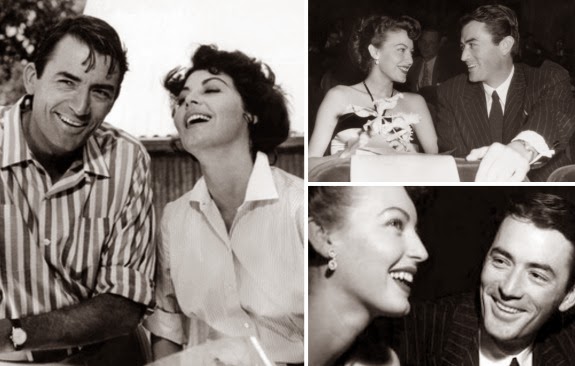Four times in Oscar history, the awards ceremony was not held as scheduled but postponed to a later date. The first time was in 1938 due to the floods in Los Angeles; the second time in 1968 after the assassination of Dr. Martin Luther King; again in 1981 after the assassination attempt on President Ronald Reagan, and finally last year due to the Covid crisis.
 |
| Sammy Davis Jr. and Martin Luther King sharing a laugh in 1965 |
The 40th Academy Awards ceremony was scheduled for 8 April 1968 but eventually took place two days later. On 4 April Dr. Martin Luther King had been assassinated and many stars wanted to attend his funeral which was held on 9 April. Among the stars were four African-Americans who were to take part in the Oscar ceremony, i.e. Sammy Davis Jr., Louis Armstrong, Sidney Poitier and Diahann Carroll (the first two as performers, the latter two as presenters). The four had informed the Academy that they would not appear at the Oscars if the scheduled date of 8 April was maintained. On The Tonight Show Davis stated: "I certainly think any black man should not appear. I find it morally incongruous to sing Talk To The Animals while the man who could make a better world for my children is lying in state." (Talk To The Animals was the nominated song from Doctor Dolittle which Davis would perform at the ceremony and which eventually won the Oscar for Best Song.) Faced with the possible absence of several of the ceremony's key players, Gregory Peck, then president of the Academy, held an emergency meeting with the Board of Governors who unanimously decided to postpone the Oscars by two days. With the news of the delayed ceremony, Davis, Poitier, Armstrong and Carroll all announced their return to the show.
Someone who also wanted the Oscars to be postponed was Barbra Streisand, who was also scheduled to be a presenter at the ceremony. This is the telegram Barbra sent to Gregory Peck two days after King's assassination.
 |
| Source: oscars.org |
 |
| Barbra Streisand with Gregory Peck at the 1969 Golden Globes |













.jpg)
.jpg)



